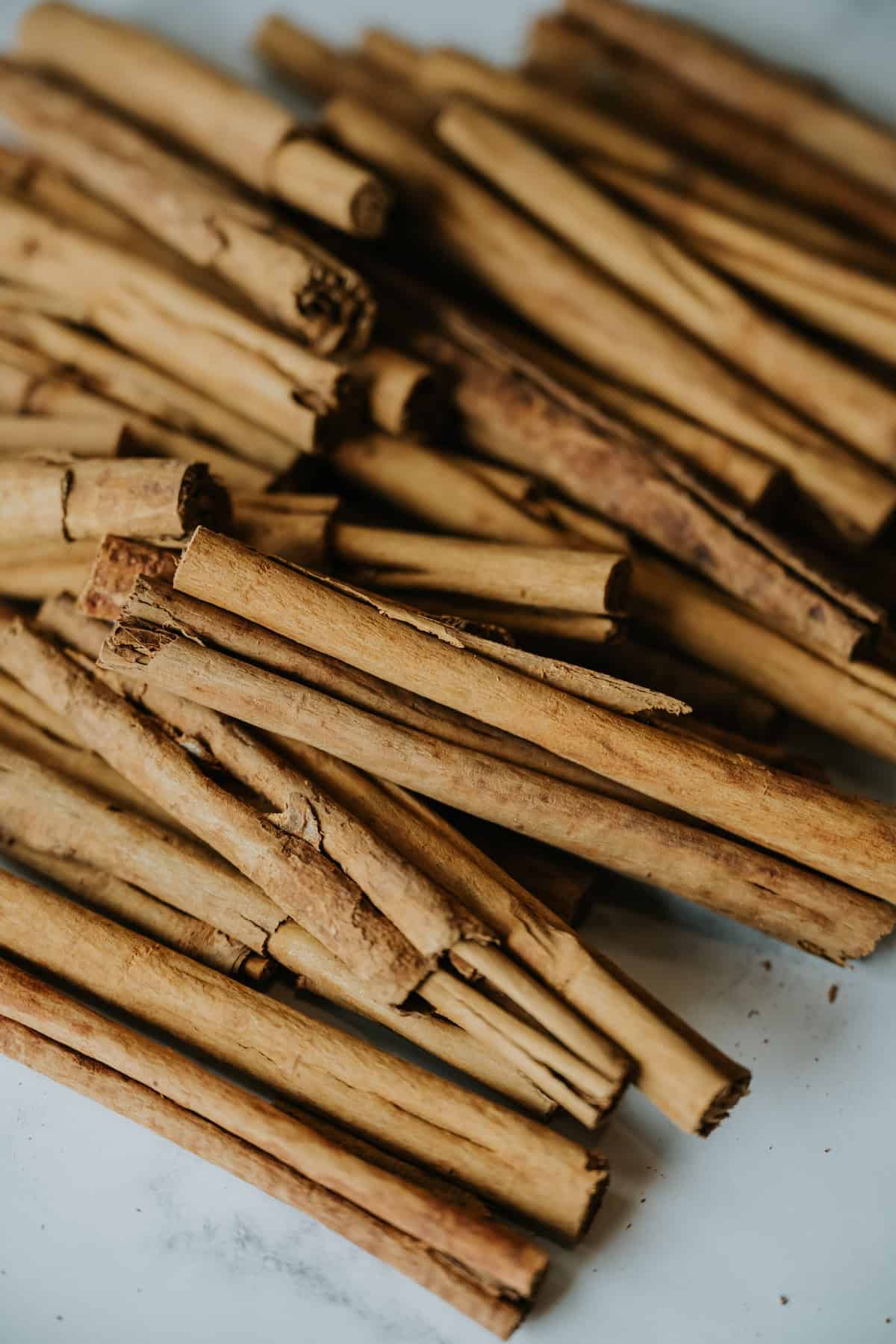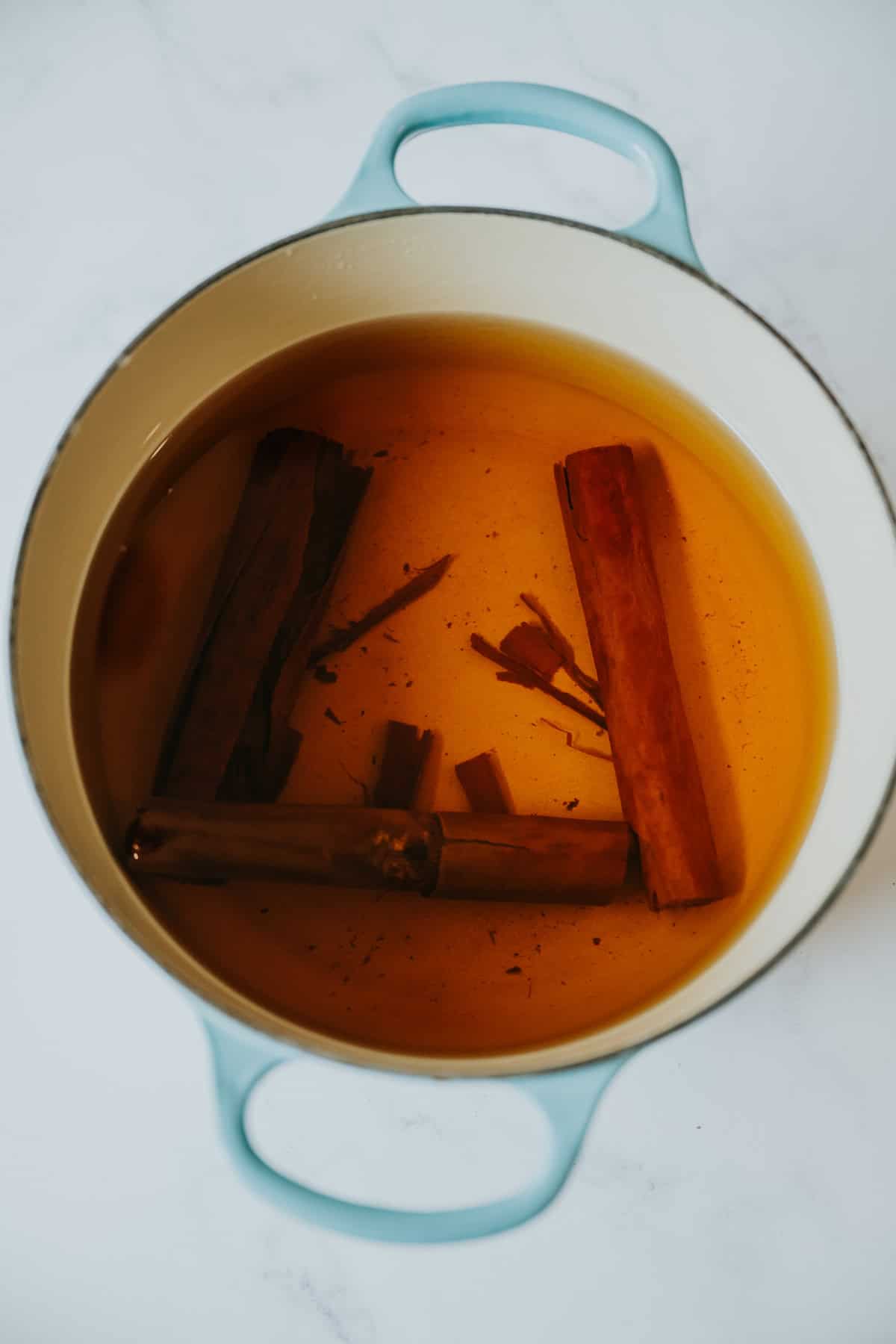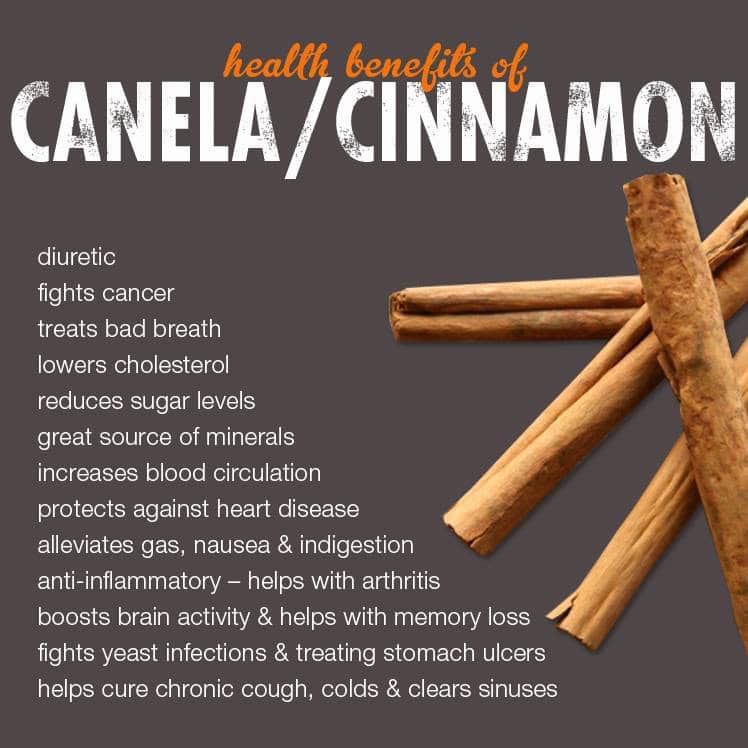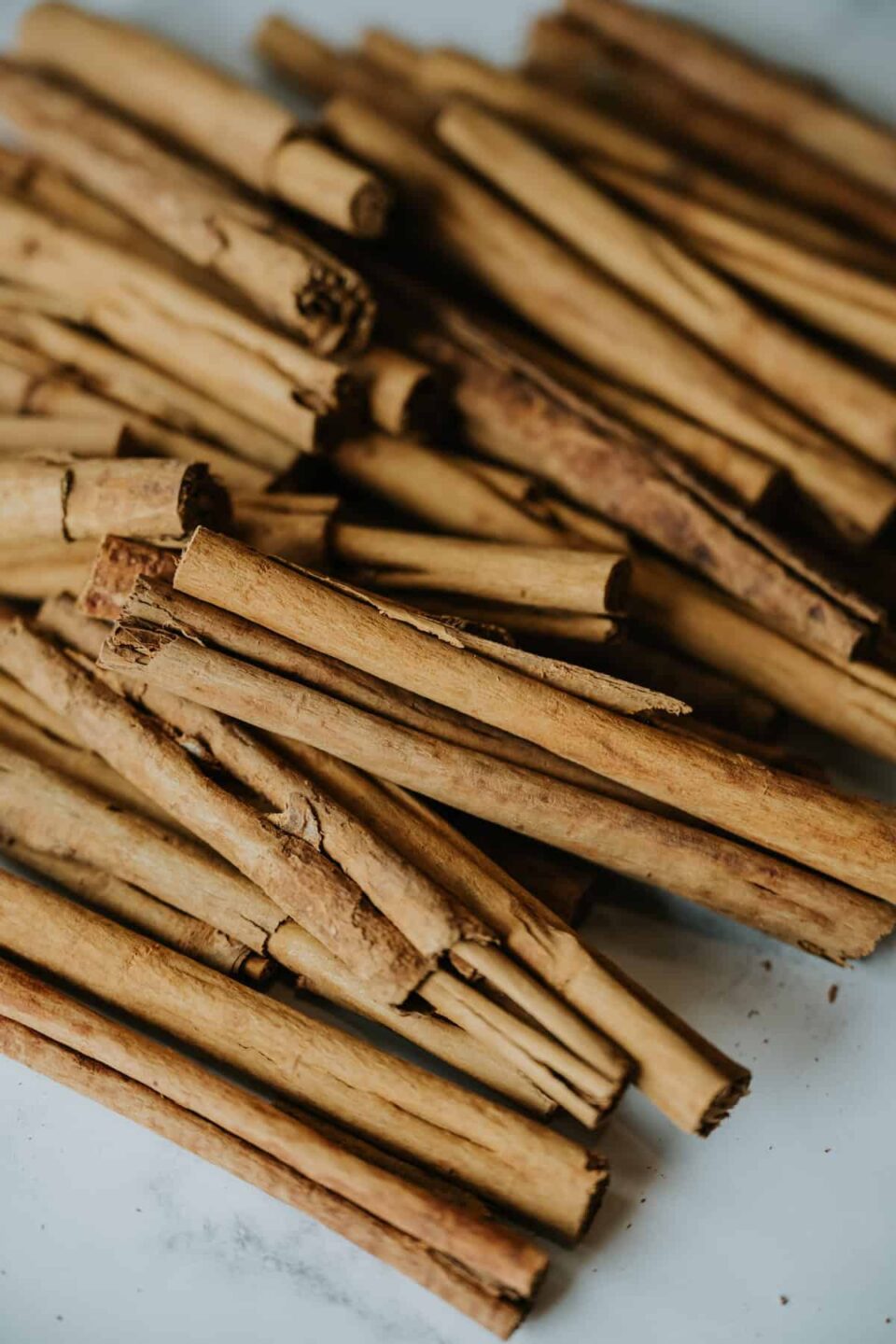This post may include affiliate links. As an Amazon Associate I earn from qualifying purchases.
If you are a regular reader, you may be wondering: What is Canela? Today we’ll delve deeper into this common ingredient, so you can discover why this particular variety of cinnamon is so important to Mexican cuisine, where to find it, and how to use it.

Is canela the same as cinnamon? Saigon Cinnamon vs. Ceylon
Cinnamon is a variety of cinnamon popular in Mexican and other Latin American cuisines. Also known as true cinnamon, Mexican cinnamon or Ceylon cinnamon, it originates from Sri Lanka. But while cinnamon is a member of this spice family, it has a slightly different flavor than what many Americans associate with “cinnamon”.
Throughout the world, the most common variety of cinnamon is cassia– represents as much as 95% of the world’s cinnamon supply. If you bought a bottle of cinnamon sticks or ground cinnamon at a regular grocery store, chances are it’s cassia!
Native to southern China, this nearly ubiquitous version of the spice has a peppery edge with strong spiciness. Reddish brown cassia cinnamon sticks are also quite hard – most people can’t break them with their bare hands.
Light brown canela, on the other hand, has a much milder flavor: there isn’t much heat, instead offering a sweet, fruity flavor with a vanilla undertone. If you buy Mexican cinnamon sticks, you’ll also see a big difference: They’re soft and crumbly to the touch, and they’re wrapped in looser coils than their cassia counterparts.
Not to overwhelm you, but there are also two other varieties of cinnamon besides cassia and canela: the spicy Saigon cinnamon from Vietnam and the super-soft Korintje cinnamon from Indonesia. Clean, right?


What does he do cinnamon Mean?
In general, cinnamon it simply means “cinnamon” in Spanish. This term for spice is also often used interchangeably with cinnamon teaor cinnamon tea. When you hear canela, you should think specifically of the Ceylon/Mexican variety of cinnamon. It can also sometimes refer to a light brown, tan color.


What flavor is Mexican cinnamon?
For Americans, I like to describe canela as cinnamon-lite. It has some of that familiar heat we associate with cinnamon, but it’s more subtle. In contrast, canela is sweeter than cassia due to its high eugenol content, a compound that offers sweet, clove-like aromatic notes. In short, Mexican cinnamon has a warm and welcoming flavor with a sweeter and less spicy flavor than regular cinnamon.
What is canela used for?
So many things it’s hard to count! The first thing that comes to mind is baking—you’ll find it in Mexican classics like churros, capirotada, buñuelos, and wedding cookies. Canela is also a frequent ingredient for breakfast favorites such as atole de vainilla, gorditas de azucar, arroz con leche and avena. Savory dishes are also prepared with this warming spice, such as pork ribs with apples and cinnamon and chicken mole.
During the Christmas season, Latin markets sell large stalks of Mexican cinnamon bark in containers with tall pieces of fresh sugarcane to make festive recipes such as ponche navideño, polvorones, and Mexican cinnamon cookies (also known as biscochos).


Want something fun and new for your next holiday gathering? My Apple Cinnamon Empanadas are like little apple pies!
But don’t think that Mexican cinnamon is just for eating. It’s also great for making drinks! I like to add canela to my coffee to make the traditional café de olla. Whenever I feel sick, té de canela is one of the first remedies I turn to. You’ll also find it in everything from agua de jamaica to calientito, horchata, and Mexican hot chocolate.
Besides that, I also like to use whole canela sticks as cocktail sticks, making scented pots and even decorate during the holidays.
Is it healthy?
There have been numerous studies showing that all varieties of cinnamon deliver promising health benefits That I’ve been advertising it for yearsincluding being rich in essential nutrients such as manganese and antioxidants; help stabilize blood sugar; act as an anti-inflammatory and antimicrobial agent; and aiding digestion. Go to my post on canela tea to learn more about what this spice can do!


Where to buy Mexican cinnamon?
If possible, purchase cinnamon sticks at a Mexican grocery store to get the most authentic taste. As a bonus, spices from Hispanic supermarkets are generally sold in plastic bags rather than jars, making them much less expensive than at most grocery stores. You can also find Canela Entera on Amazon.
Frequently asked questions
You can use any variety of cinnamon in recipes that call for canela. Keep in mind that, depending on the variety you use, it may have a stronger flavor than if you used canela. The closest flavor is that of Korintje cinnamon.
Due to the chemical composition of Mexican cinnamon, it is actually a safer option for pregnant women than cassia cinnamon. That said, the USDA recommends limiting your cinnamon intake to ½ teaspoon per day. You should also avoid consuming cinnamon-based dietary supplements or essential oils, as they may be too concentrated to be considered safe for pregnant women.
Ceylon cinnamon is native to Sri Lanka. As with all varieties of cinnamon, we eat the inner bark of the canela tree—cinnamon “sticks” are actually curled pieces of dried bark.
No! Mexican cinnamon itself does not contain caffeine. However, if you buy pre-packaged canela tea, it’s worth reading the label: some add black tea leaves to the mix.
Unless a spice bottle says otherwise, anything labeled only as “cinnamon” will overwhelmingly be cassia, not canela, cinnamon, including McCormick.
Other ingredients used in Mexican cuisine
Did you like learning about Mexican cinnamon, also called Cassia? Or did I miss something? If so, let me know in the comments below!

